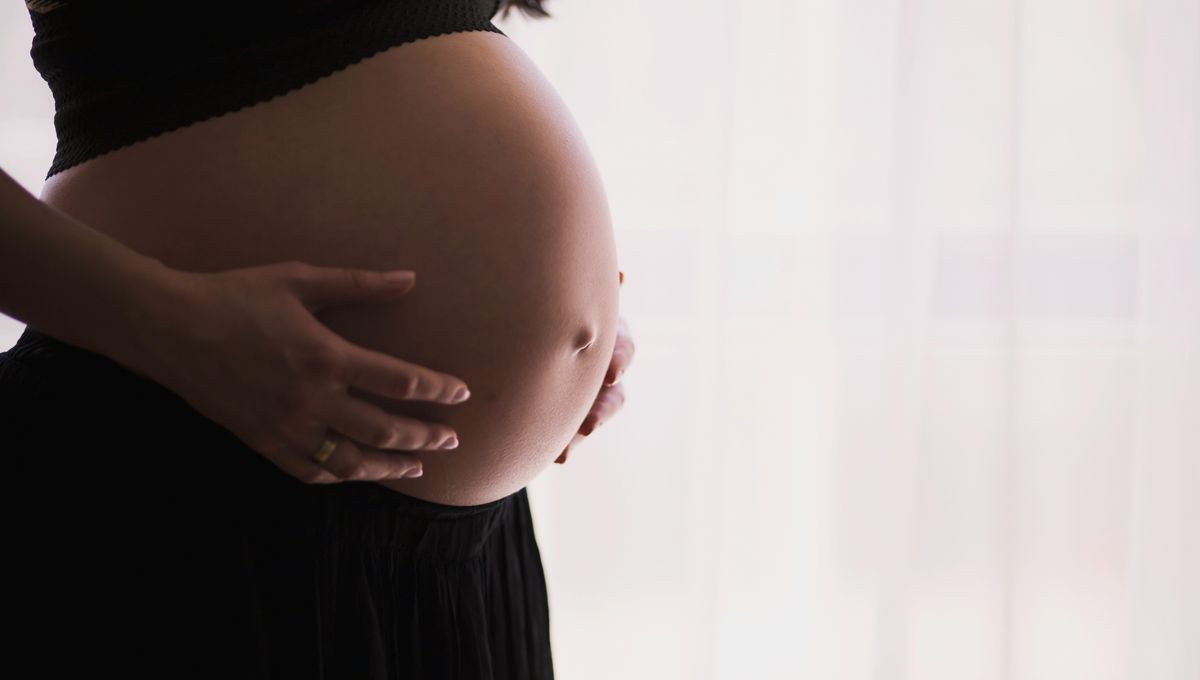
For the first time, scientists have observed the changes that occur in an expectant mother’s brain during pregnancy, revealing significant restructuring of numerous cortical areas. According to the researchers, these long-lasting alterations may serve to fine-tune the maternal brain in order to promote parental behaviors and prepare women for motherhood.
During pregnancy, the production of hormones such as estrogen and progesterone increases by up to 1,000-fold, triggering major physiological and neurological changes. Previous studies comparing pre- and postpartum women have hinted at major reductions in gray matter volume after having a baby, with these changes still noticeable six years after giving birth.
However, while it’s well accepted that pregnancy alters the structure of the brain, this study is the first to track the development of these changes during pregnancy. To do so, the researchers scanned the brain of a first-time mother every few weeks, beginning three weeks before conception and continuing until two years after birth, resulting in a total of 26 MRI scans.
“We wanted to look at the trajectory of brain changes specifically within the gestational window,” said study author Laura Pritschet in a statement.
“We observed widespread reductions in cortical [gray matter volume] and cortical thickness (CT) occurring in step with advancing gestational week and the dramatic rise in sex hormone production,” write the researchers in their new study. Overall, they found that “few [brain] regions [were] untouched by the transition to motherhood.”
Gray matter is a type of brain tissue that makes up the cortex and consists of neuronal cell bodies. During adolescence, the cortex thins out as gray matter is ‘pruned’, leaving the brain more streamlined. Discussing the significance of their findings, the study authors suggest that pregnancy may represent another key period of cortical refinement as the brain remodels itself in preparation for parenthood.
This chimes with previous studies showing post-pregnancy gray matter reductions in areas of the brain linked to social cognition, with the magnitude of these changes correlated to increases in parental attachment. Some research has also suggested that gray matter losses may explain ‘pregnancy brain’, whereby people report memory and cognition deficits while they’re expecting, although the new study doesn’t seek to link brain restructuring with cognitive function.
The study authors also noted “increases in white matter microstructural integrity (QA) throughout the first and second trimesters of pregnancy.” However, while the gray matter changes persisted long after giving birth, these white matter alterations returned to baseline before the first postpartum scan, which may explain why pregnancy-related effects on this type of brain tissue have never previously been reported.
According to the researchers, the combined effect of these gray and white matter changes may underlie the behavioral changes that mothers exhibit both during and after pregnancy. Future studies may also help to reveal whether these alterations contribute to postpartum depression, which affects roughly one in five new mothers.
“There are now FDA-approved treatments for postpartum depression, but early detection remains elusive,” explains Pritschet. “The more we learn about the maternal brain, the better chance we’ll have to provide relief.”
The study is published in the journal Nature Neuroscience.
Source Link: First Ever Map Of Human Brain During Pregnancy Reveals Major Structural Changes